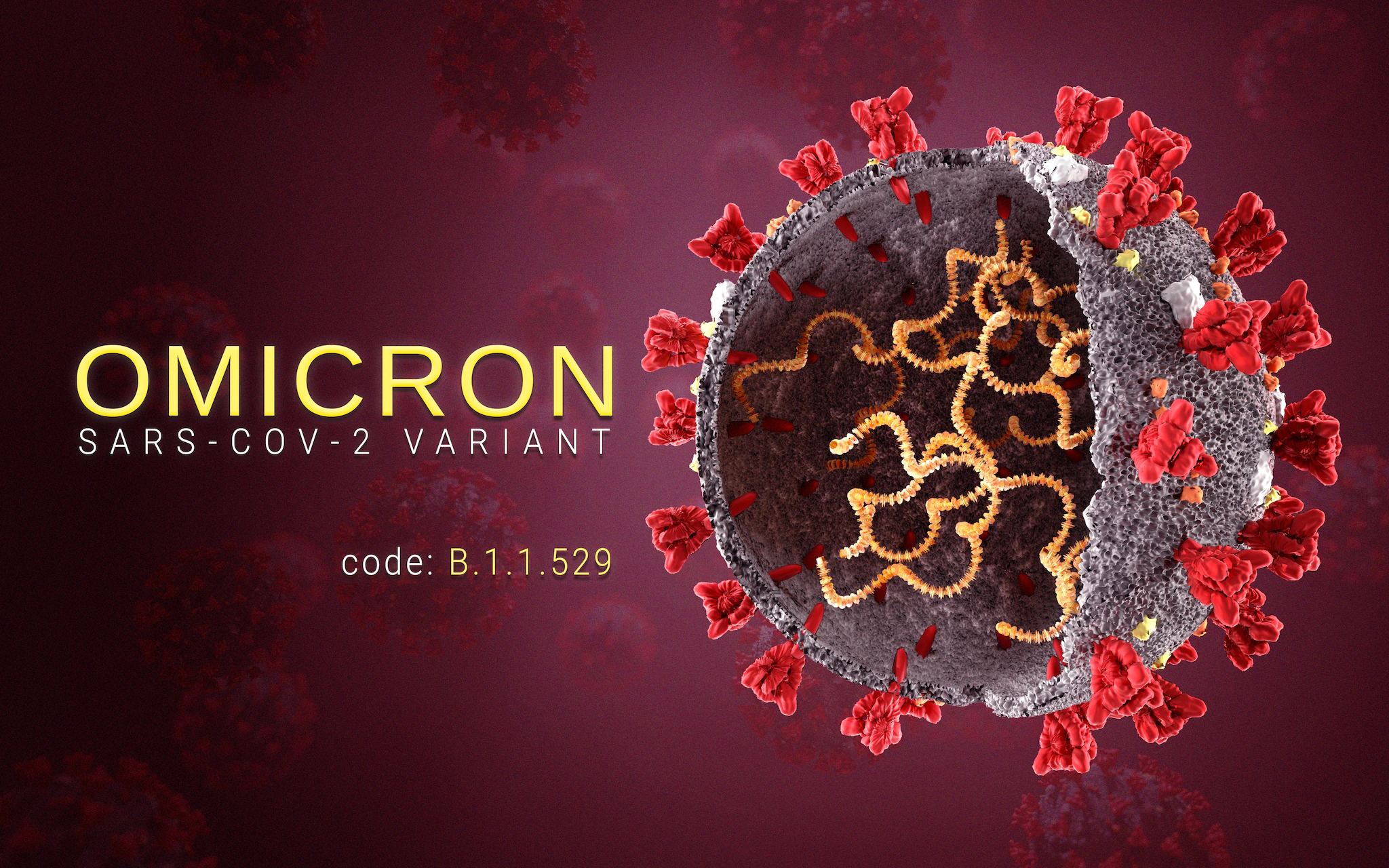![]()
The WHO (World Health Organization) on Tuesday said it is closely monitoring the BA.2 subvariant of Omicron strain, which it has found to be much transmissible than the BA.1 strain. However, there is no cause to get alert as it is no more severe than the original strain, it said.
“BA.2 sub-lineage should continue to be considered a variant virus of concern and that it should remain classified as Omicron,” the WHO told in a statement, addressing on public health authorities to keep a strict vigil over the variant strain.
Since first being detected in South Africa in late November 2021 last year, Omicron variant has travelled around the world, precipitated a massive rise in cases and replaced Delta to become stronger the dominant strain. This spike in Covid19 infections due to Omicron is now in abeyance.
At the same time, the BA.2 sub-variant is becoming dominant in Denmark Country, increasing in the United Kingdom and also cropping up elsewhere, including India and Pakistan.
“At a worldwide level, the proportion of reported sequences designated BA.2 has been increasing relative to BA.1 in recent few weeks, however the global circulation of all variants is reportedly declining,” the UN health agency told.
WHAT SETS BA.2 APART?
BA.2 differs from BA.1 in its genetic sequence, including some amino acid differences in the spike protein and other proteins. Studies have shown that BA.2 has a growth advantage over BA.1.
WHO said studies are underway to understand the reasons for this growth advantage, but initial data suggest that BA.2 appears to spread faster than BA.1, which currently remains the most common Omicron sub-lineage published.
However, this difference in transmissibility appears to be much smaller than the difference between BA.1 and Delta variant virus.
Studies are investigating the risk of reinfection with BA.2 compared to BA.1.While cases of Omicron infecting a person twice have been documented, however, initial data taken from population-level reinfection studies recommend that infection with BA.1 provides strong protection against reinfection with BA.2.
Based on data from several areas and countries, there was no reported difference in clinical severity between BA.1 and BA.2. This holds true in cases where immunity from natural or vaccination infection is high, the WHO clarified.
